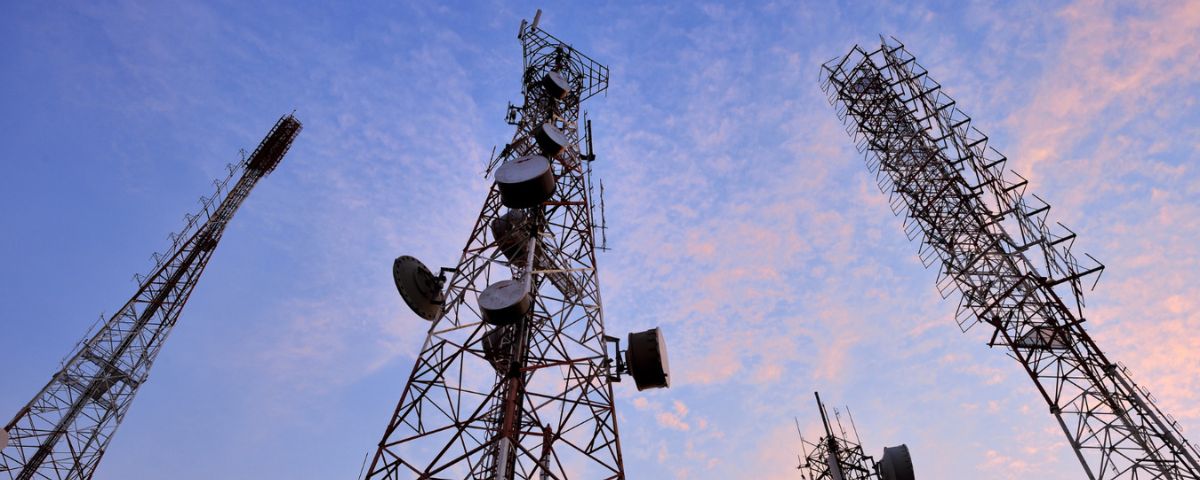
The Center for Digital Economy Policy Research (C-DEP) emphasized the need to ensure a permanent telecommunication industry for the government, especially among a landscape where average revenue per user (ARPU) is low, promotes debate about fairness in revenue distribution. C-DEP founder and chairman Jaijit Bhattacharya expressed concern about the stability of the telecom sector, which highlighted the increase in data traffic triggered by Covid-19 lockdown, which greatly increased the use of over-the-top (OTT) platforms.
Bhattacharya said that despite the rollout of the 5G network, the new business model has not increased revenue production or has been used globally. Market leaders like Reliance Jio and Bharti Airtel have invested heavy in the next generation network infrastructure, yet muddy to these investments, especially through enterprise uptake, has proved challenging. He said that the ARPU remains stable, the mobile subscriber number one has reached a near-sustainable point, which is currently about 1.20 billion in India.
Comparatively, the telecom carrier ARPU in India is around Rs 150, which is much lower than a global average of around Rs 700 and Rs 580 in China. The CRISIL rating first highlighted that telecom operators would require ARPU between Rs 270- 300 in the next three years to justify their investment in deploying 5G networks. Bhattacharya advocated a proper revenue-sharing model between large traffic generators (LTGS), citing examples of South Korea and Netflix, where such models have been successfully implemented.
He mentioned that similar models are emerging in India, in which both Jio and Airtel offer bundle packages. However, the telecom operators association of India (COAI) and GSMA are advocating a proper stake from the telecom operators, OTT players who generate important data traffic on their network. In contrast, OTT players and technology providers argue against regulation, fearing that it may prevent innovation. The Telecom Regulatory Authority of India (TRAI) is considering whether OTT firms should come under regulatory surveillance.
In addition, the proposals in the US Congress aims to contribute large internet app to contribute to the cost of infrastructure, which is potentially reducing broadband expenses for consumers. These discussions reflect the complexity of regulatory issues around revenue distribution and infrastructure development in the telecom sector.



